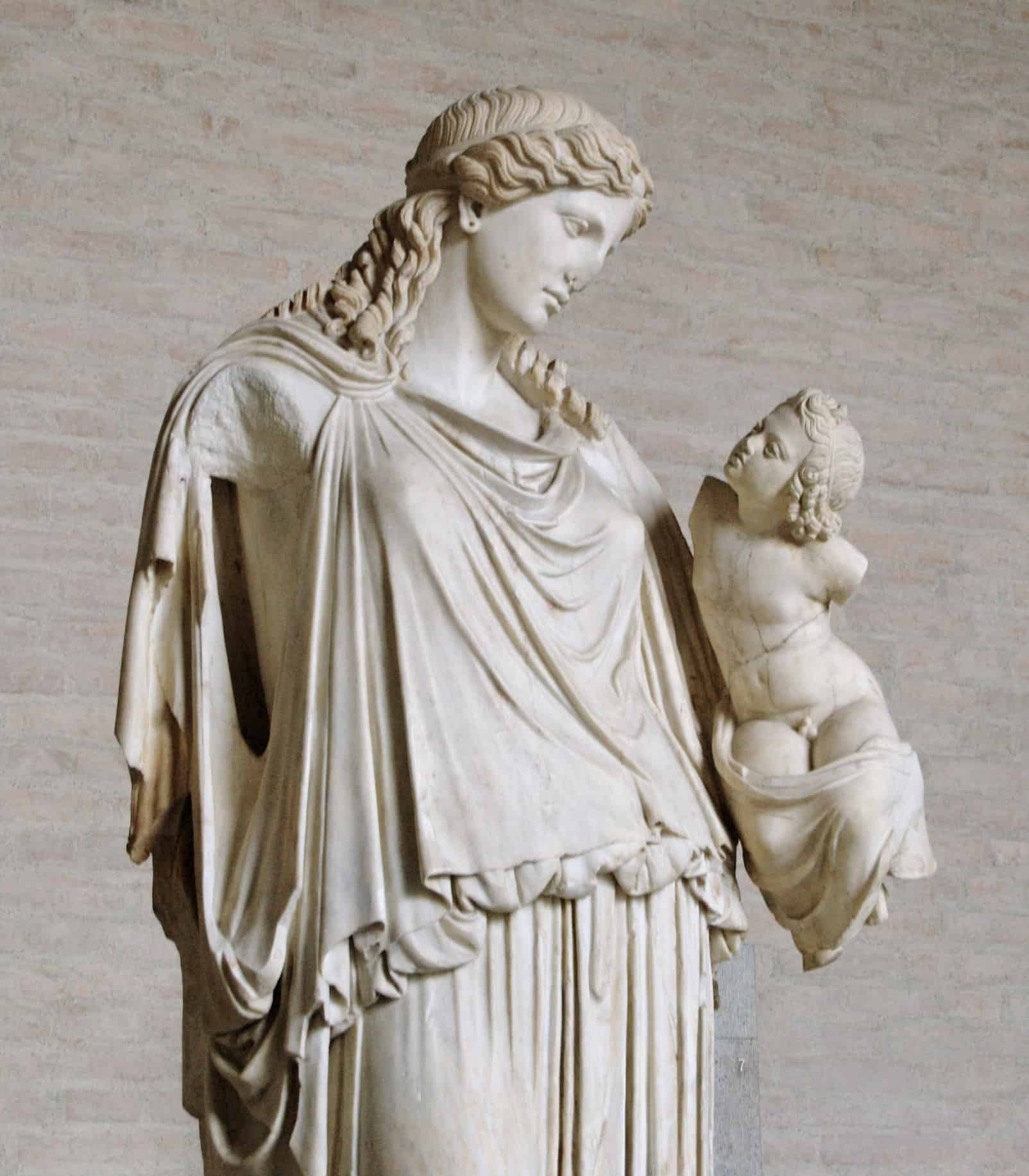Plutus: Greek God of Wealth
In Greek mythology, Plutus personifies wealth, and therefore he was also the god of agriculture, relating to abundant harvests as a source of income.

In Greek mythology, Plutus personifies wealth, and therefore he was also the god of agriculture, relating to abundant harvests as a source of income.



